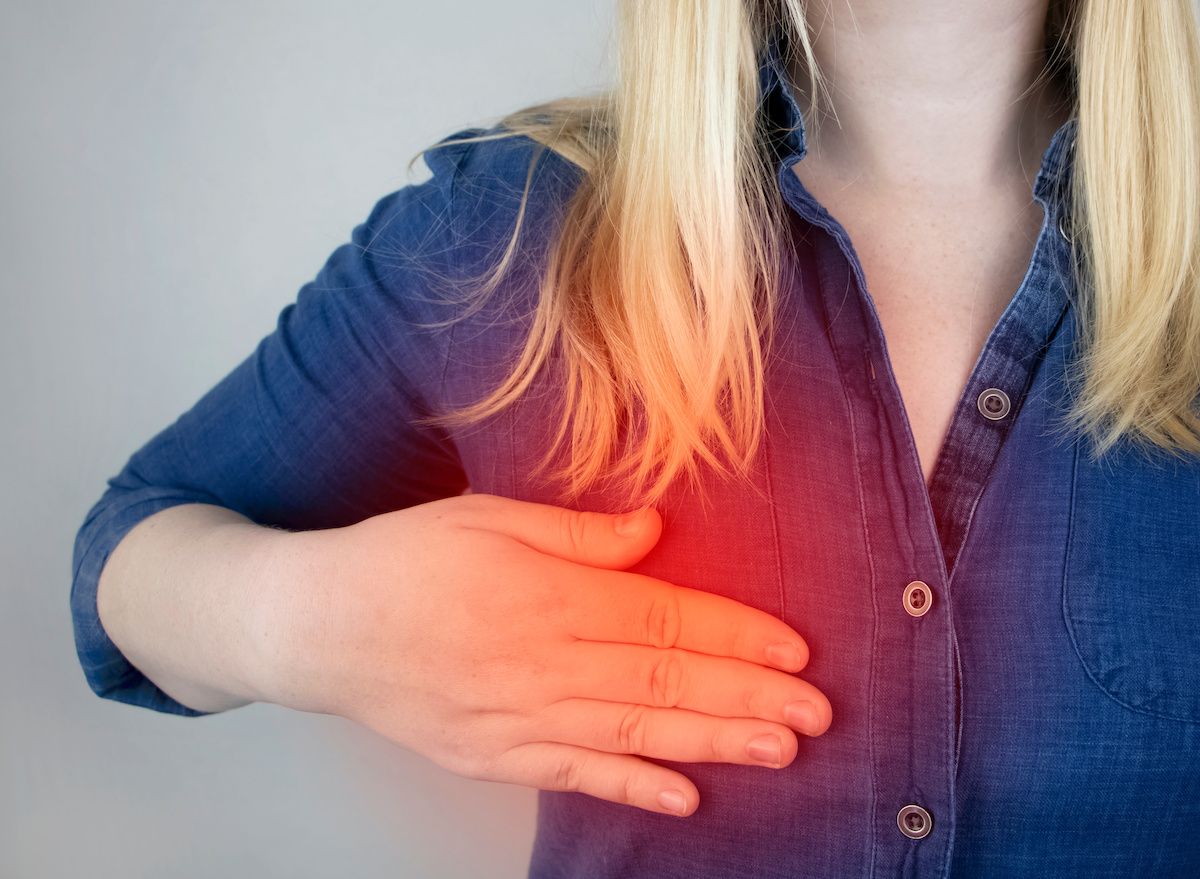Some symptoms of inflammatory breast cancer are very similar to mastitis — know the difference.
Inflammatory breast cancer is a rare breast cancer type, representing only 1% to 5% of all breast cancers. It tends to affect younger women more than older (post menopause) women, and affects black women more than white women.
Symptoms of inflammatory breast cancer
With inflammatory breast cancer, the cancer cells grow rapidly and block the lymph vessels to the skin, resulting in a sudden onset of symptoms that make the breast look and feel inflamed. Symptoms include:
- sudden swelling and redness
- sensation that the breast is heavy and warm
- itchy, irritated skin on the breast
- inverted or retracted nipple
- thickening or pitting of the skin, causing it to resemble an orange peel
Treatment for inflammatory breast cancer
Because of the rapid and aggressive growth, many cases are already advanced at diagnosis. Inflammatory breast cancer is typically determined to be at least Stage 3B. Treatment will often involve several different approaches, such as chemotherapy, surgery, radiation therapy, HER2 targeted therapy and immunotherapy.
Consultation with a multidisciplinary team, with the expertise and resources of a comprehensive cancer center, is essential to determining the appropriate treatment — and the optimal sequence of treatment — for you.
